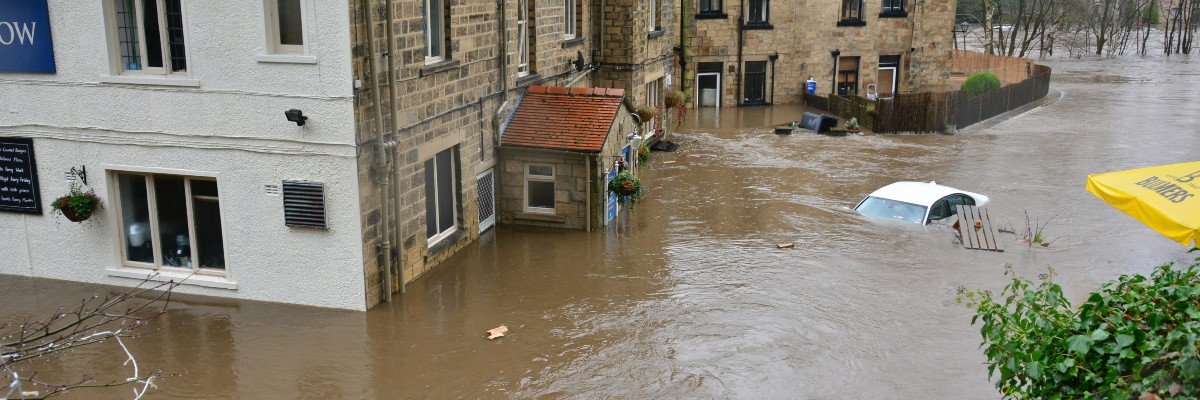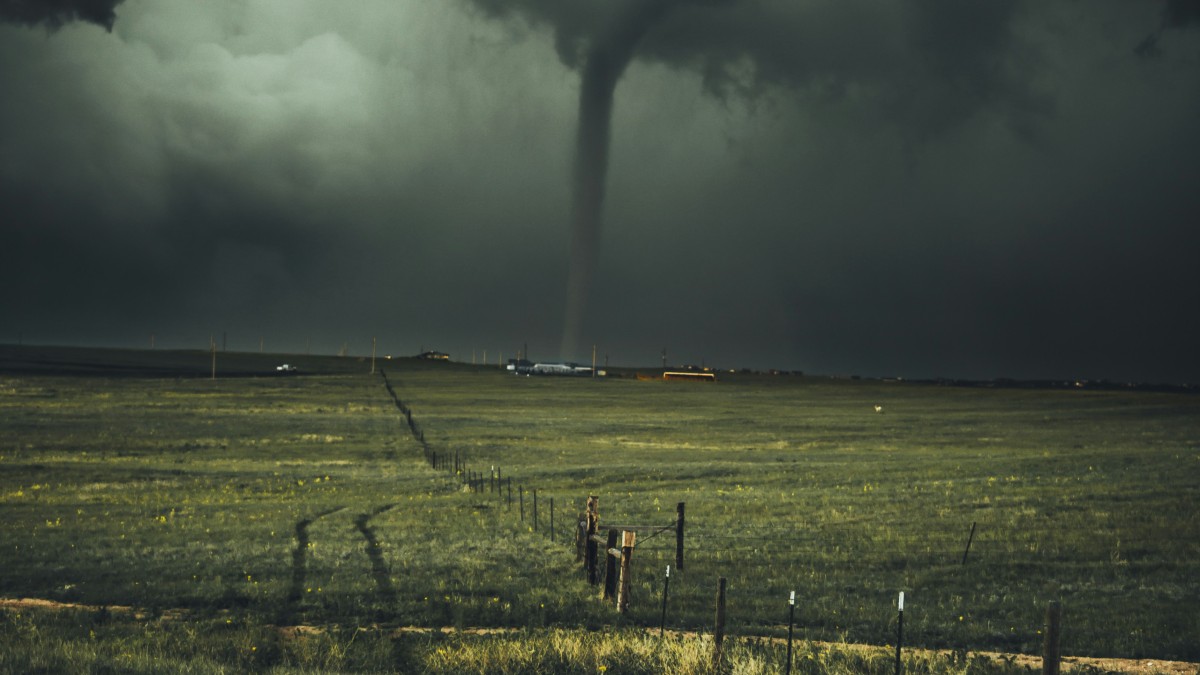There are few things more terrifying than mother nature can be, especially to homeowners. Your priority is the safety and wellbeing of you and your family, but your home is not only a massive investment, all of its contents generally represent your entire life. The last thing you should have to worry about in the wake of an Act of God, such as a tornado or a flood, is whether or not the damage is going to be covered by your insurance. Today we’re going to break down both of these natural disasters so that you know exactly where you stand if one of them was to affect you.
What Are Acts of God?
In regards to insurance, Act of God is actually a legal term that refers to any natural event outside of human control. It includes earthquakes and wildfires, tornadoes and hurricanes, even lightning and floods. Considering how unpredictable and unpreventable these phenomena are, they’re often handled differently than other unforeseen events — such as a burst pipe or a kitchen fire. That doesn’t mean they’re all handled the same way as on another though, which is why we’re going to take a closer look at these two unfortunately common risks here in Oklahoma.
Tornado Damage
With winds that can exceed 200 miles per hour, twisters are more than capable of turning homes to rubble in a matter of seconds. Fortunately, these brutal natural disasters are usually covered by your standard homeowners insurance policy. The kinds of things that your policy should cover in regards to a tornado include:
- Wind damage to roofs, siding, windows and doors
- Debris removal and cleanup
- Damage from falling trees
- Temporary living expenses if your home becomes uninhabitable
Although tornadoes are typically included in most policies, it’s always wise to double-check for specific exclusions or deductibles — especially if you live here in Oklahoma, as we’re considered a part of the high-risk area known as Tornado Alley.
Flood Damage
Despite the fact that flooding is among the costliest natural disasters in the United States, flood damage is not typically covered by standard homeowners insurance — most likely because it’s also one of the most common. Whether it be from overflowing rivers, heavy rain or even melting snow, if your home is flooded due to rising water you’re likely going to need a separate flood insurance policy.
You can utilize the FEMA Flood Map Service Center to determine if you’re in a flood zone, as you’ll probably want to add a separate flood insurance policy if your property is at risk. Even if you’re not in a high-risk flood zone, you may still want to consider adding this policy, as more than 20% of flood claims come from areas with low to moderate flood risk. And as we stated, repairing flood damage can be incredibly costly, so it’s better to be safe than sorry.
If you do add a flood insurance policy, it will typically cover things like:
- Structural damage to your home’s foundation, walls and flooring
- Appliances and essential systems like HVAC, water heaters and electrical
- Personal belongings, depending on your coverage level
What About Your Vehicle?
When dealing with things like tornadoes and floods, your home is often going to be the center of your focus, but you shouldn’t forget about your vehicle. It is just as likely to get damaged by these Acts of God as your house, and standard automobile insurance – such as liability-only policies – typically won’t cover losses from these types of events. You’ll instead want to add comprehensive coverage, as that will cover many of the problems that might arise from floods or tornadoes, including:
- Tornado damage like shattered windows, body dents or total loss from debris or falling trees
- Flood damage to the engine, electrical systems or interior if water rises around or enters your vehicle
If you’d like to ensure that your home and vehicle are covered from these Acts of God, get in touch with us right here at Glover Family Independent Insurance so we can discuss your policies.



